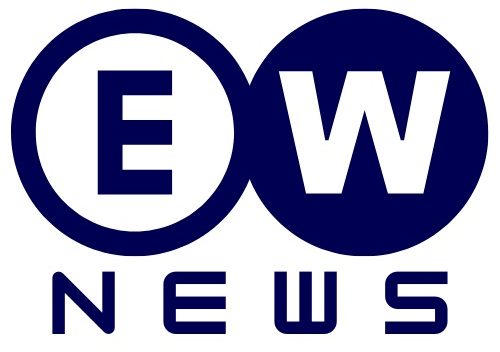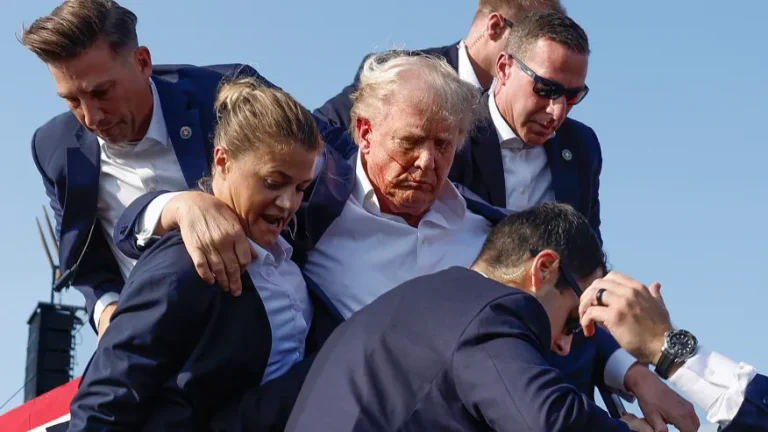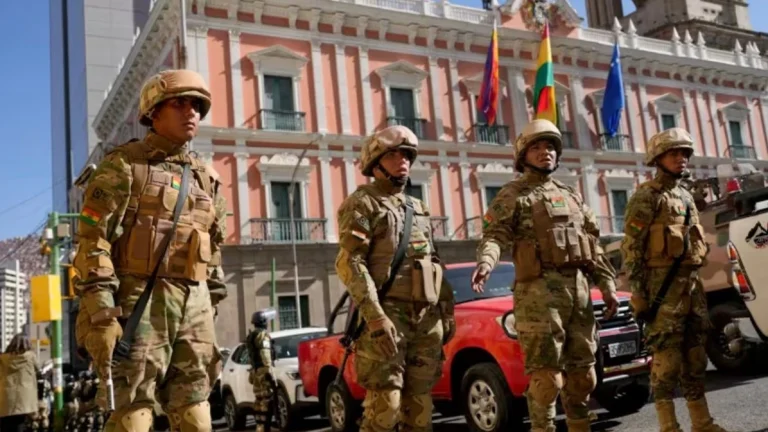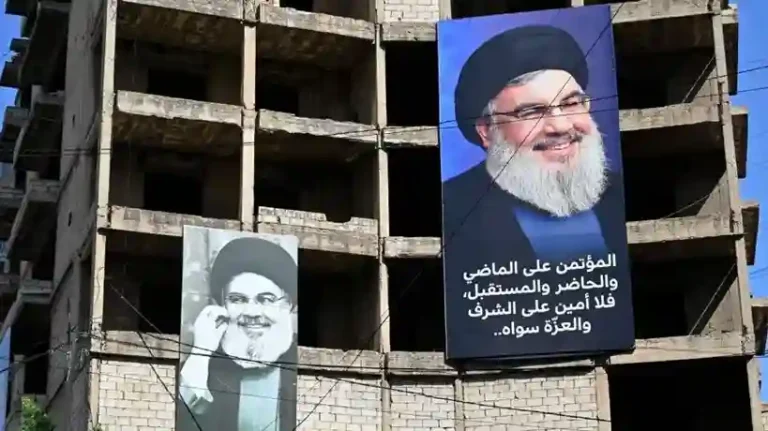It is “completely inconceivable” for Communist China to claim Taiwan as its motherland, given that Taiwan’s government predates the Chinese Communist Party (CCP), Taiwan’s president Lai Ching-te declared in a pointed speech highlighting the long-standing historical rivalry between the two sides.
Lai, who has faced Beijing’s ire for his pro-sovereignty stance since taking office in May, reaffirmed Taiwan’s independence, rejecting the CCP’s claim over the self-governing island. Although China has never governed Taiwan, the CCP has vowed to “reunify” with it, by force if necessary. However, many Taiwanese see themselves as distinctly separate from China and have no desire to be part of the People’s Republic of China (PRC).
In a speech on Saturday that is likely to further anger Beijing, Lai emphasized Taiwan’s status as a “sovereign and independent country” under the Republic of China (ROC), which governed mainland China for decades before relocating to Taiwan after the CCP took power. He highlighted that the ROC was founded in 1912, following the overthrow of China’s last imperial dynasty, the Qing, whereas the PRC was only established in 1949.
Lai underscored the contrasting histories of the two governments, noting that while the PRC celebrated its 75th anniversary on October 1, the ROC will soon mark its 113th anniversary. He remarked that, in terms of age, it is “absolutely impossible” for the PRC to claim to be Taiwan’s motherland. Instead, he suggested that if anything, the ROC could be seen as the motherland of those in the PRC over 75 years old.
While the Chinese government has not officially responded to Lai’s remarks, his speech has sparked criticism from Taiwan’s opposition Kuomintang (KMT) party, which accused Lai of unnecessarily provoking tensions. The KMT, once intent on reclaiming the mainland under the ROC banner, has since shifted its stance, favoring closer ties with Beijing.
Lai’s comments come at a time of heightened cross-strait tensions, with Chinese President Xi Jinping reiterating his resolve to “reunify” Taiwan with China, describing it as an inevitable and unstoppable historical trend. Xi’s rhetoric has further raised concerns of a potential military confrontation between the two sides.
As both Taiwan and China approach their national days, leaders on either side continue to use these symbolic occasions to project their visions for the future of the Taiwan Strait.





